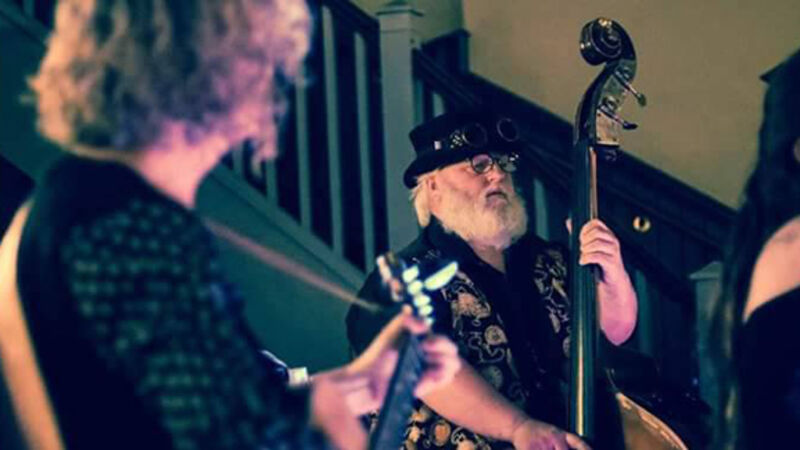Oliver Moore: Organic Research Centre’s Organic Producers Conference well worth a visit

It’s held annually in Birmingham, and serious organic producers from Ireland often travel over to the UK for it.
Many topics are covered, and parallel workshops allow for more specialisation. One of the nice elements about a conference in a bigger (but still easy to get to) country is that producers, whether in dairy, arable, horticulture, or grassland/livestock, can spend time with dedicated farmers and specialists from their specific sector.










